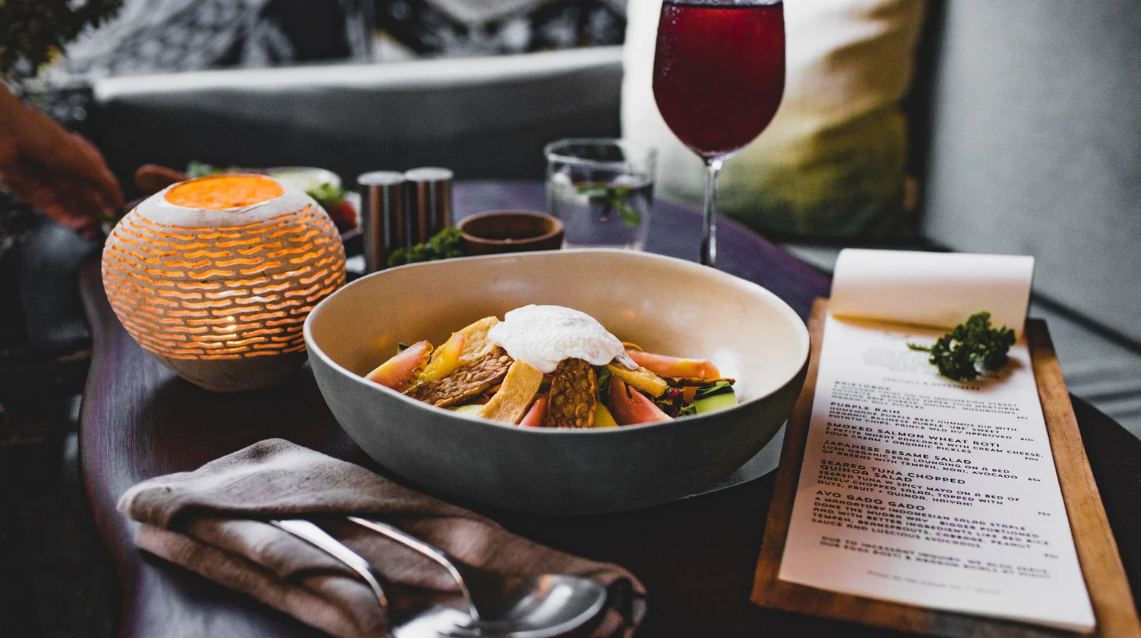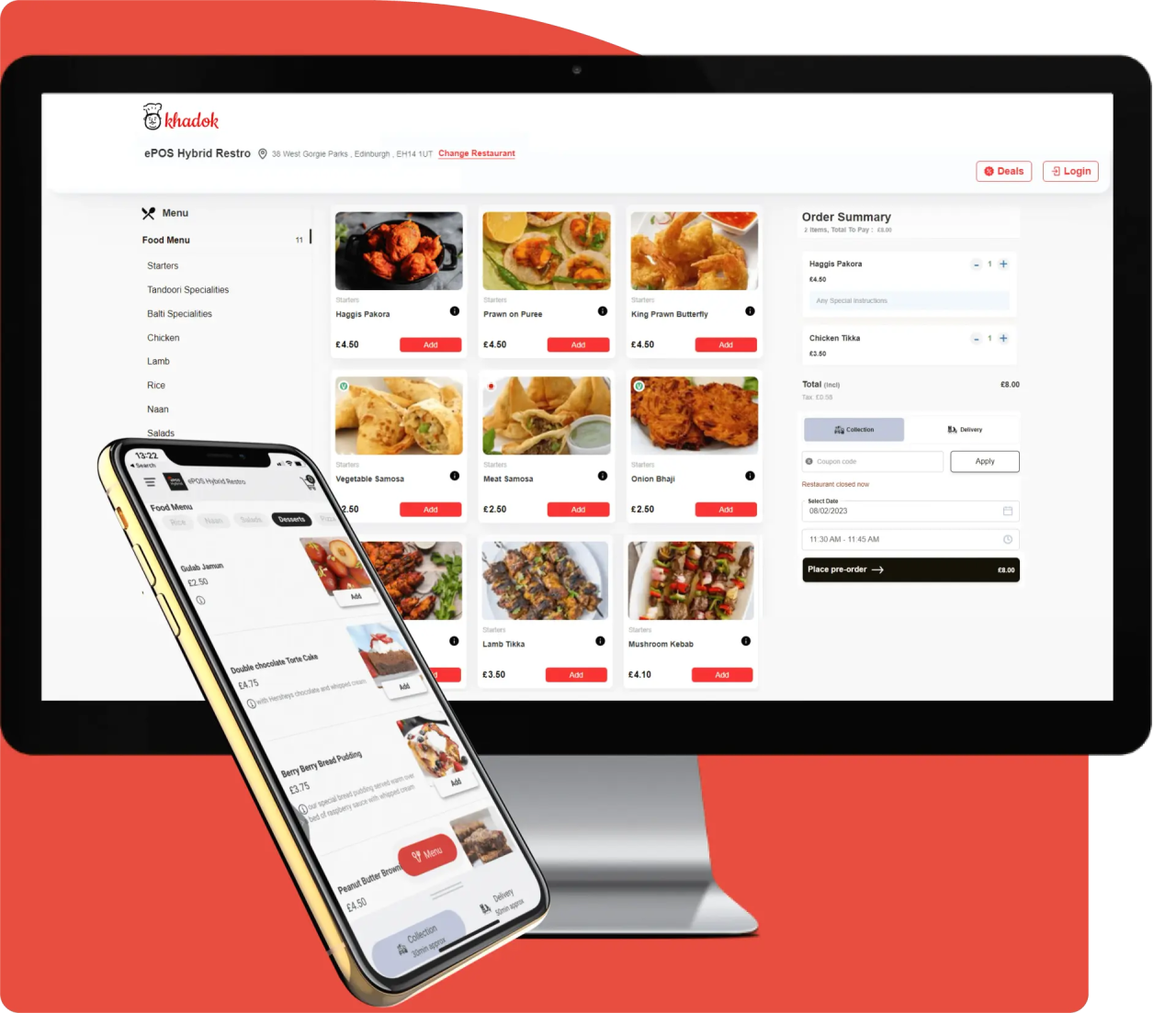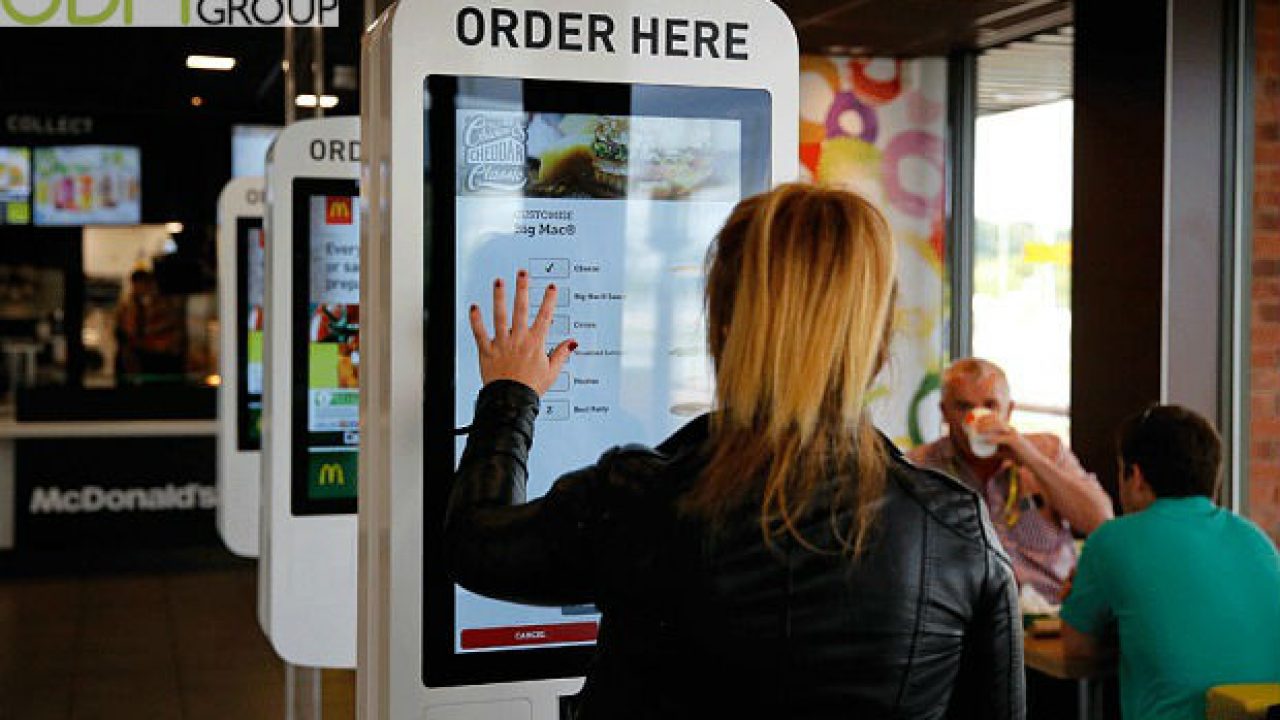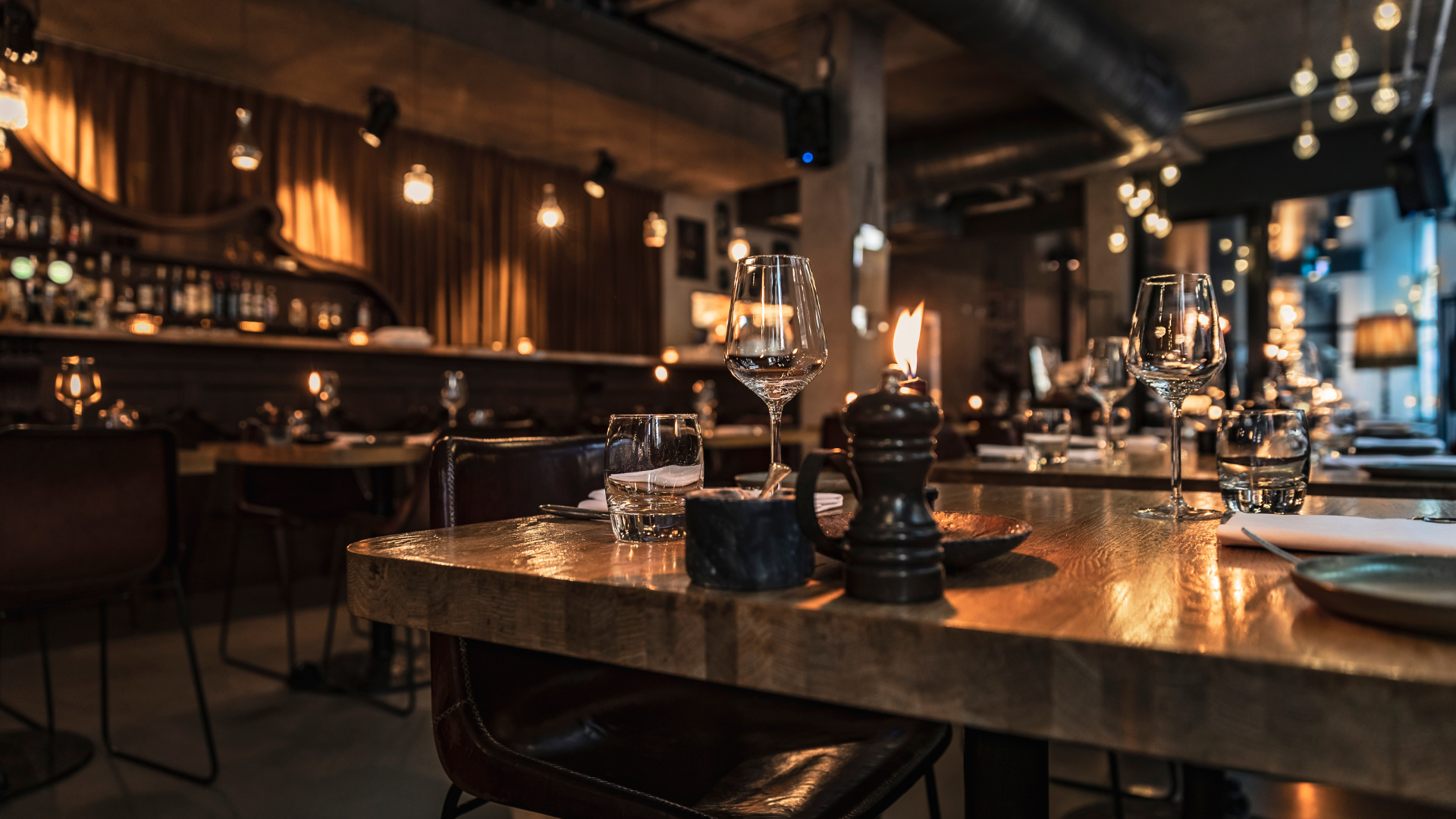In the diverse and competitive landscape of the UK restaurant industry, the recipe for success goes beyond just serving delectable dishes; it involves creating a strong online presence that entices hungry patrons to your tables. As the digital world continues to influence dining decisions, search engine optimization (SEO) has become a vital ingredient in attracting customers and boosting online reservations. In this article, we’ll dive into effective SEO strategies tailored for UK restaurants, providing you with the insights needed to optimize your online presence and fill your dining rooms with eager diners.

According to Google, searches containing the phrase “near me” have increased by 500% in recent years.
1. Mastering local SEO
Local SEO is the bedrock of success for UK restaurants aiming to attract patrons from their surrounding areas. Begin by claiming and optimizing your Google My Business listing, ensuring that it reflects accurate information about your restaurant. Include your restaurant’s name, address, phone number, and business hours. Consistency across all platforms builds credibility and helps search engines match your restaurant with relevant local searches. Encourage satisfied customers to leave reviews on platforms like Google and TripAdvisor, as positive feedback can significantly influence potential diners.
2. On the menu: Selecting keywords with flavor
Keywords are the seasoning that adds flavor to your restaurant’s online visibility. Conduct keyword research to identify terms that resonate with your culinary offerings and location. Opt for a mix of short-tail and long-tail keywords, catering to various search intents. For instance, if you’re a seafood restaurant in London, target keywords like “best seafood restaurant in London” or “fresh seafood dining in the UK.” Integrate these keywords seamlessly into your website’s content, headings, and meta descriptions to enhance your search rankings and attract organic traffic.

3. Crafting irresistible content for food enthusiasts
Captivating content is the entrée that keeps diners coming back for more. Create engaging blog posts, articles, and guides that cater to the interests of food enthusiasts and local diners. Craft content that showcases your unique dishes, chef’s creations, culinary events, and behind-the-scenes insights from your kitchen. Share stories about local sourcing, sustainability efforts, and the inspiration behind your restaurant’s menu. Engaging content not only keeps visitors entertained but also signals search engines that your website is a valuable resource, boosting your rankings.

4. Mobile-friendly delights: Optimizing for the on-the-go diner
In an era where mobile devices are essential companions, optimizing your restaurant’s website for mobile is a non-negotiable strategy. Google places high importance on mobile-friendliness, often favoring mobile-responsive websites in its search rankings. Ensure that your website offers a seamless browsing experience across various devices, with menus, images, and reservation options easily accessible and functional. A mobile-friendly website not only enhances user experience but also positions your restaurant for better search visibility.

The online food delivery market in the UK is projected to reach £8.4 billion by 2024.
5. Tempting visuals: Satisfying visual appetites
In the culinary world, presentation is paramount, and the same holds true for your restaurant’s online presence. High-quality images of your dishes, restaurant ambiance, and welcoming interiors can make a significant impact on potential diners. Optimize images by compressing them without compromising quality, and use descriptive filenames and alt text infused with relevant keywords. Visual storytelling adds a personal touch to your online presence and entices diners to experience your culinary creations.
6. Quick service: Ensuring fast loading times
Just as diners expect prompt service in your restaurant, online visitors demand fast-loading websites. Slow-loading websites can lead to higher bounce rates and adversely affect your search rankings. Use tools like Google PageSpeed Insights to assess your website’s loading speed and identify areas for improvement. Compress images, enable browser caching, and minimize unnecessary scripts to ensure swift access to your website’s content.
Conclusion
In the competitive arena of the UK restaurant industry, SEO isn’t just a choice; it’s a strategic necessity. By mastering local SEO, selecting the right keywords, creating engaging content, optimizing for mobile, showcasing tantalizing visuals, and prioritizing website speed, you’ll be well-equipped to maximize online bookings and attract culinary enthusiasts to your establishment. Remember, effective SEO isn’t just about algorithms—it’s about savoring every moment of success that comes from having a fully-booked dining room and satisfied guests who are eager to share their delightful experiences. As you refine your SEO strategies, you’re not just optimizing for search engines; you’re optimizing for the joy of culinary exploration and unforgettable dining encounters.





